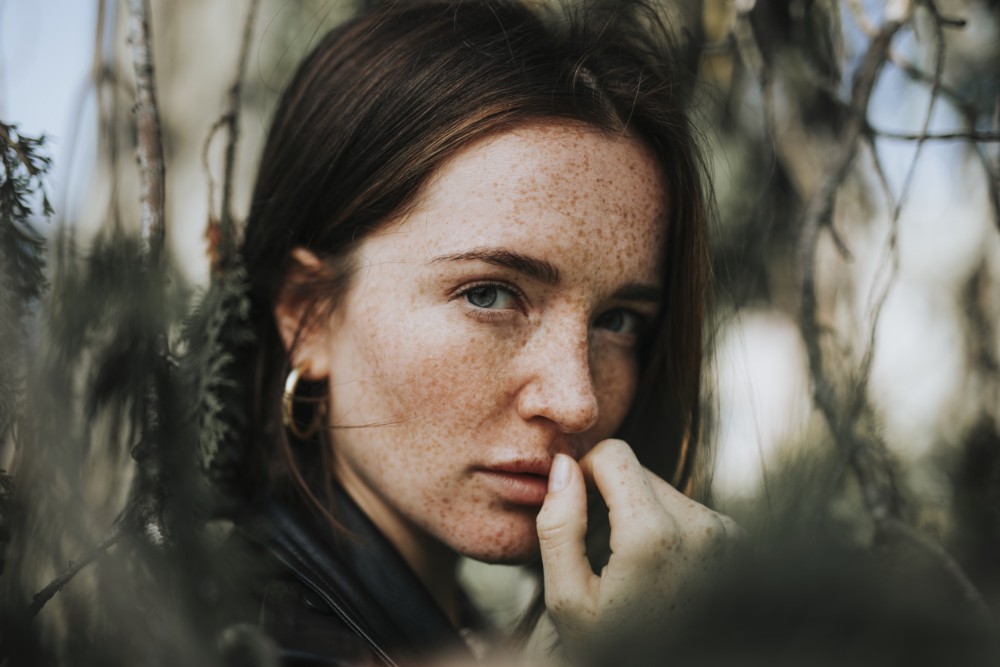
Many of us recovering from addiction have faced many difficult experiences that feel like insurmountable obstacles we can’t overcome but which end up being part of what strengthens us as we work to get better. For many of us, these experiences have to do with the hatred we experience, and they can be some of the most hurtful and debilitating things we deal with as addicts. We all want to feel accepted for who we are, especially for the things we’re most ashamed of, that we have a hard time forgiving within ourselves. Our addictions are a huge source of shame, disappointment, and trauma for us, and there are things we’ve done, mistakes we’ve made and ways in which we’ve hurt ourselves and the people we love that we fear might be unforgivable. When we’re on this journey of self-exploration, healing, and self-love as part of our recovery, we need all of the compassion, love, and support we can get. We need to feel accepted. We need to feel as though we are embraced, held and nurtured, despite everything we may have done wrong in our lives. When we feel hated by the people in our lives, by people in our communities, or by society as a whole, it can have many adverse effects that actually hinder our recovery process and contribute to our self-destructive patterns, many of which can be attributed to our self-hatred.
When people feel as though they hate us for our addictions and for the harmful things we’ve done, oftentimes what they feel hatred towards is not us as addicts, but addiction as a whole. Our loved ones are experiencing a great deal of pain watching us hurt ourselves, and they only want what’s best for us. They may have lost someone to addiction, and when they see us perpetuating our addictive patterns, they feel triggered, causing them to feel scared and/or outraged. They might judge us, telling us our addiction is not an illness but a choice, and that we’re making the choice to kill ourselves. We know how powerless we feel, and how much it feels as though our lives, our behaviors, and our choices are out of our control, but other people who aren’t addicts don’t always understand this. There is a great divide among our communities, and while most of us want our communities to be safe and free from addiction, oftentimes our approaches to solving the problem are entirely different. When people are consumed with hatred for addicts and addiction, their approach is often one of judgment and apathy, attacking us personally as individuals and condemning us, instead of having compassion and understanding for us. Other people who view addiction as illness often have an approach of wanting to educate and inform people on the nature of addiction and how debilitating it can be, wanting to help and supports addicts rather than ostracizing and shunning them.
When we don’t feel accepted, or feel rejected and unwanted, there can be powerful effects on our self-esteem, our sense of self-worth and our motivation to want to get better. People hating us makes us feel as though we were right to hate ourselves. Oftentimes our addictions have developed out of our self-hatred – we drink to escape the pain of how insecure we are and how much we hate ourselves. We use drugs to escape the pain of rejection and heartbreak. We have addictive relationships because we’re afraid of losing people and being abandoned. When we are confident and self-loving, we’re much less likely to fall prey to using addictions as coping mechanisms. Feeling as though people hate us can convince us that we, in fact, are inadequate and unworthy of love. This can be such a lonely place to be – feeling as though you have no home, family, community or safe space, feeling that you are unloved and unwanted, by specific individuals, by our families, or by our culture as a whole. When our self-esteem suffers, we’re more likely to turn to our drugs of choice to make ourselves feel better. We’re more likely to stay entrenched in our addictive patterns and self-destructive cycles.
Another effect of feeling hated is that we feel our fears of judgment and rejection have come true. We are in fact being judged and rejected, so with our fears confirmed, we’re much less likely to reach out for help and get the support we desperately need as we’re working to recover. We might be less inclined to accept help or seek out treatment. We might keep our addictions a secret from anyone we think might judge us. We might be afraid to even admit we have a problem. We might continue to use denial, avoidance, and secrecy as our preferred defense mechanisms, preventing us from taking the steps we need to take to get better.
Individually and culturally, love and connection go a long way in helping people to recover from their addictions and mental health issues. We’ve all been traumatized in one way or another, and many of us have developed addictions as the responses to our trauma. They are our coping mechanisms. Some people smoke cigarettes because of their pain, some people binge eat, some people use drugs, some people have unhealthy relationships. The less we can judge each other, and the more we can offer each other our empathy and compassionate understanding, the greater strides we can make in keeping addiction from hurting our loved ones and harming our communities.
The Guest House is a welcoming and supportive recovery home where you will be met with open arms, wherever where you are on your journey, without judgment or expectation. Call 855-483-7800 today for more information.